-

Aldinger Lab
The Aldinger Lab uses developmental neuroscience and computational approaches to decipher the mechanisms that cause pediatric neurogenetic disorders and pathologies associated with structural brain changes, cognitive impairment, and epilepsy.
-

Baertsch Lab
The Baertsch Lab investigates how breathing is generated and regulated by the brain. By uncovering fundamental cellular and network mechanisms of respiratory control, we hope to inspire new therapeutic interventions to treat breathing disorders associated with neurological pathology, prematurity, and opioid use.
-
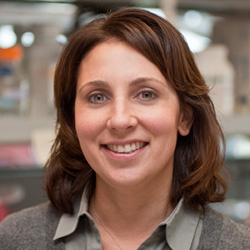
Ferguson Lab
The Ferguson lab strives to understand the role of cortico-basal ganglia-thalamic circuitry in the development of behaviors associated with drug reward and addiction. We also explore the processes that underlie decision-making, motivation and impulsivity. -
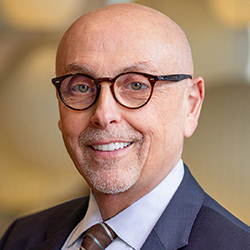
Gallo Lab
Research in the Gallo Lab focuses on neural stem/progenitor cells and their potential for perinatal brain regeneration and repair after injury.
-

Grill Lab
Our goal is to decipher signaling networks that affect neuron development and engineered behaviors. We focus on molecular players and cellular processes involved in neurodevelopmental disorders, neurodegenerative disease and opioid drug addiction.
-
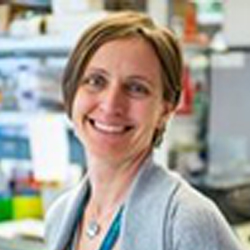
Gust Lab
The Gust lab studies how cancer treatment and inflammation affect the developing brain.
-

Hahn Lab
The Hahn laboratory focuses on development and validation of assays that have important clinical applications for population screening, diagnosis and prognosis.
-
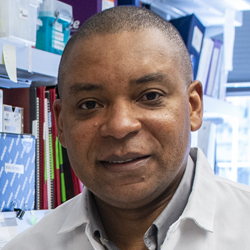
Kalume Laboratory
-

Li Lab
The ability to control arousal is essential to modern medicine, with broad applications in anesthesia, sleep medicine and psychiatry. However, arousal control is not binary, but rather involves the complex orchestration of multiple neuromodulatory circuits. The Li Lab therefore aims to better understand the neurobiology of these neuromodulatory circuits across broad spatiotemporal scales, integrating findings at the molecular, synaptic, circuit, physiological and behavioral levels.
-

Millen Lab
The Millen Lab uses molecular genetic approaches to explore the pathogenesis of congenital birth defects of the human and mouse brain and to study genes essential for normal neurodevelopment.
-
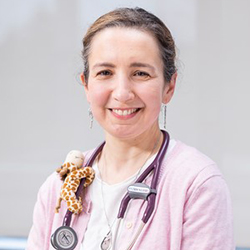
Mirzaa Lab
Dr. Ghayda Mirzaa is pinpointing the genes that contribute to many neurodevelopmental disorders. She helped discover many genes that cause focal cortical dysplasia, megalencephaly and microcephaly. This work is opening the door to new treatments that could modify or fix the errors in these genes, addressing the underlying causes of disorders instead of treating only their symptoms.
-
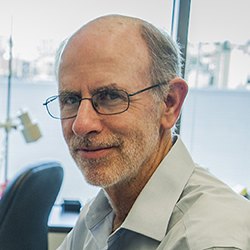
Morgan Laboratory
-
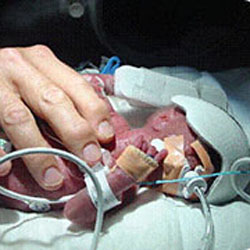
Neonatal Respiratory Support Technologies Team
-
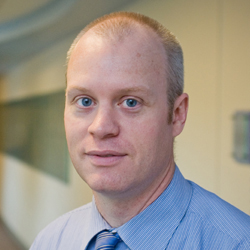
Olson Lab
Dr. Aaron Olson is unraveling how changes in cardiac energy production affect heart function. -

Page Lab
The Page lab is focused on understanding how the components that make up the cellular architecture of the brain (neuronal and glial cell types) are generated and assemble into functional circuits that underlie behavior and cognition.
-
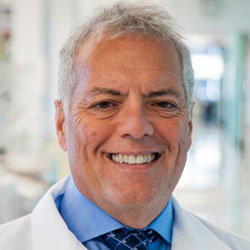
Portman Research Group
-

Program in Mitochondrial Biology
The Program in Mitochondrial Biology’s team delivers clinical care and researches potential cures for mitochondrial diseases. -

Ramirez Lab
The Ramirez Lab investigates brain functions in order to develop new ways to treat – and potentially cure – neurological disorders.
-

Saneto Laboratory
Dr. Russell P. Saneto's research focuses on mitochondrial disease. -
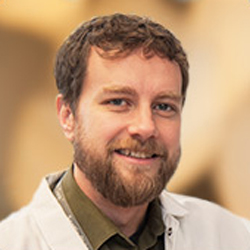
SEPS Lab
Led by Dr. Stephen E.P. Smith, the SEPS Lab is working to uncover what the gene variations that contribute to autism have in common. -

Shih Lab
The Shih Lab uses advanced optical imaging to study neurovascular function in the living brain. Our goal is to better understand how blood flows through the brain by watching and learning from model organisms. This can provide clues on the development and repair of key vascular functions, such as the blood-brain barrier, which may one day help protect blood vessels in the aging and diseased brain. -

Tang Lab
We study how early experiences influence later behavior and mental health. By combining AI, biology and neuroscience, we aim to understand how the brain and consciousness develop.
-

Turner Lab
